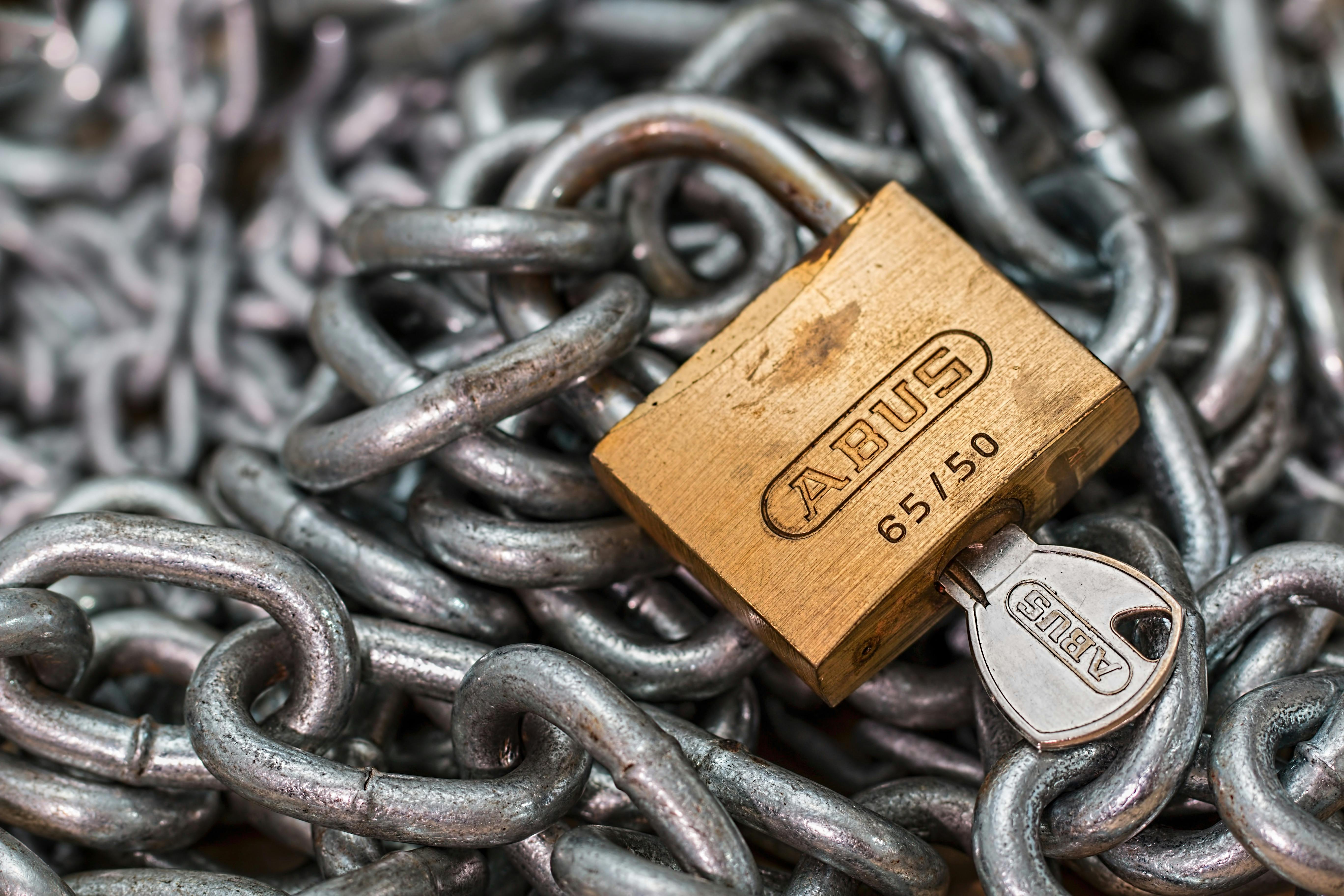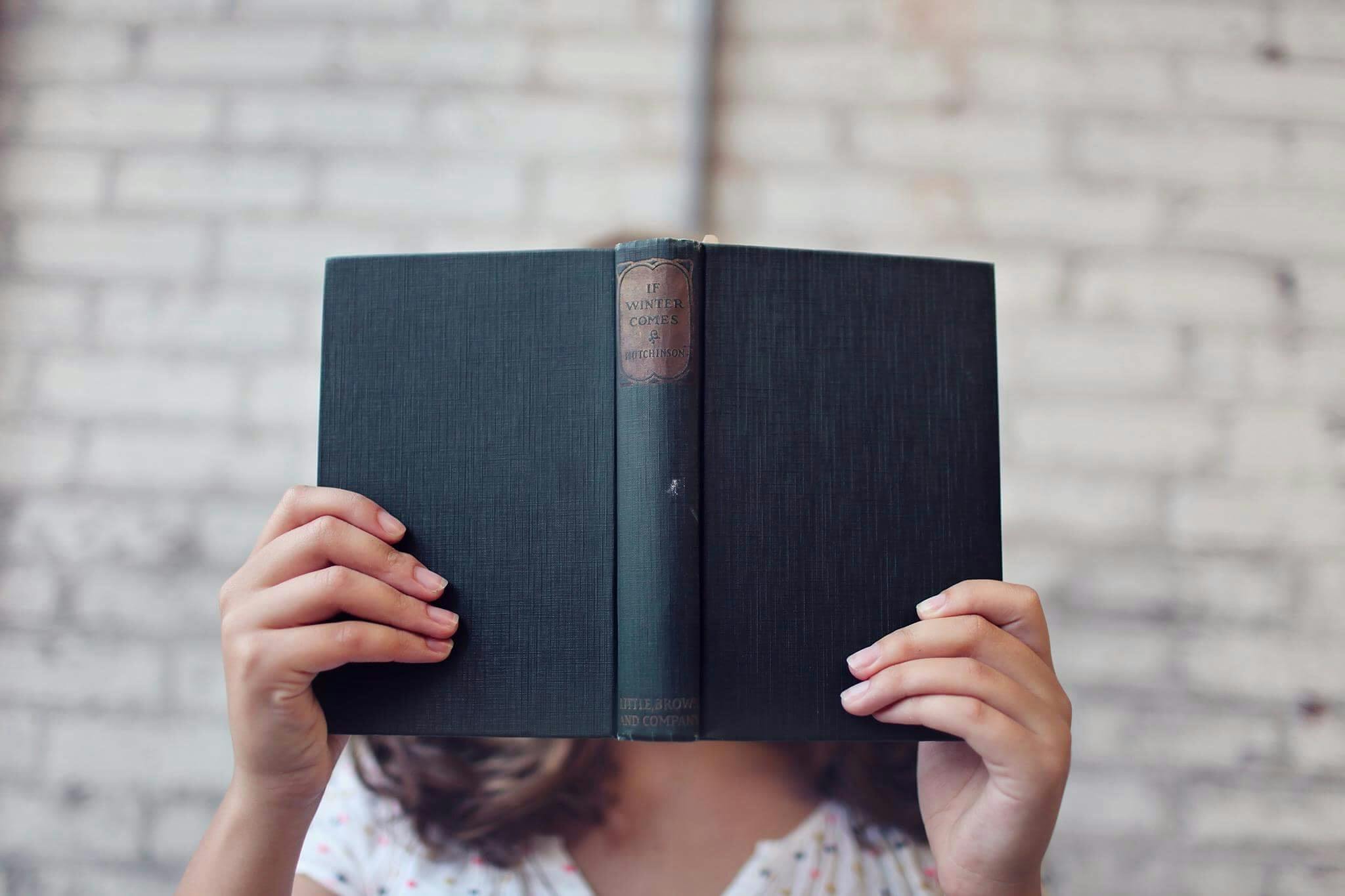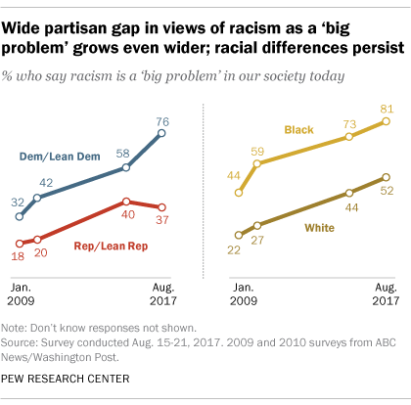John Yoo, the lawyer best known for authorizing
war crimes during the Bush Administration, has a piece up at
National Review purporting to explain that "Trump has become a stouter defender of our original governing document than his critics."
Let's take a look. He starts with some stuff about how Democrats are the real abusers of the Constitution, before mounting his defense of Trump as (possibly accidental) defender of the realm:
But Trump’s defense of the constitutional order has gone beyond simply blocking bad ideas. His battle for the Constitution took three basic forms. First, and most importantly, he fought off Robert Mueller’s special-counsel investigation and impeachment. Both challenged the president’s authority to govern the executive branch and to fulfill his constitutional duty to enforce the law.
This treats the investigation and impeachment of Trump as though they were merely challenges to his authority, instead of legitimate inquiries into corruption to acquire power and abusing that power to keep it. It's a false distinction. Congress challenges the authority of presidents all the time. It is rare that those challenges rise to the level of special counsel investigations or impeachment. Yoo seems to conceds the legitimacy of the inquiries in the very next paragraph.
Trump didn’t win acquittal based on innocence, however, but because the Constitution gave him a built-in advantage.
That's ... not a great defense of the Constitution, is it?
With 53 Republicans holding the Senate majority, the House had to persuade 20 Republicans to vote to convict. They convinced only one, Senator Mitt Romney (R., Utah). The Founders didn’t impose the two-thirds vote requirement in the Senate to protect Trump. They did it to defend the institution of the presidency. The Framers rejected a parliamentary system in which Congress selects a prime minister who both leads the legislative majority and heads the executive branch. Their great experiment with a separation of powers required a presidency independently chosen by the people and vested with its own unique powers and responsibilities.
This is a great spot to note that Trump wasn't chosen by the people. Won the right states to win the Electoral College, but Hillary Clinton won the popular vote. Common use of "the people" would generally suggest that the vote loser is not the person who represents them.
The Framers feared that impeachment and removal by simple majority vote would render the president dependent on Congress, and thus deprive it of the energy, speed, and decisiveness needed for good government. The two-thirds vote requirement ensured that Democrats could not remove Trump due to partisanship, or even policy disputes. The Constitution became Trump’s great shield, and in winning the impeachment battle, Trump repaid the favor by reinforcing the independence of the executive.
Again, this fogs the actual issues. Democrats didn't try to remove Trump because of "policy disputes," but because he used the power of his office to try to solicit foreign interference in the election. The Constitution didn't shield the executive's ability to act with energy in this case -- it shielded corruption. Yoo's argument here depends on conflating legitimate authority with abuse of power.
Second, Trump defended traditional executive primacy in foreign affairs and war. Trump has used his executive control over foreign affairs to achieve what may prove to be his most lasting effect on American policy — shifting America’s strategic focus onto China and away from the Middle East. He has used power given to him by Congress to ratchet up economic sanctions on Beijing, and exercised his constitutional powers to terminate arms-control agreements that restrained the U.S. but not China.
It's important to note the arms control agreements that Trump terminated were with Russia, not China. The result is that China is still not restrained -- and, now, neither are the U.S. and Russia. But that's not really a question of his Constitutional prerogatives, but of his wisdom. (Maybe it should be: I'm not really sure why the Constitution requires a president to get Senate approval for a treaty, but presidents are seemingly free to withdraw from treaties without any kind of Congressional backing. Treaties are, Constitutionally speaking, the law of the land. Presidents generally don't get to repeal laws willy-nilly.)
Trump used his power as commander-in-chief to contain Tehran, as in the drone killing of Iranian general Qasem Soleimani...
That was an act of war against Iran. Congress has the power to declare war. Trump didn't even notify Congressional leaders ahead of time. Lauding this use of "his power as commander-in-chief" is to suggest Congress has no real role in warmaking or foreign policy. That's not what the Constitution says.
...while reducing U.S. troop levels in Syria, Iraq, and Afghanistan. Congressional opponents sought to block Trump by narrowing his war powers and control over foreign affairs, but so far with little result. While Congress may seek to advance different policies through spending or legislation, the Constitution designed the executive branch specifically so that it could quickly and effectively protect national security and pursue our interests abroad.
Again: The Constitution gives Congress the power to declare war. In reality, it has mostly ceded that responsibility to the president in recent decades, but that reality doesn't make it any less Constitutionally suspect.
Third, Trump appointed a Supreme Court that could return the Constitution to its original understanding on questions ranging from federalism to individual liberties. He nominated Neil Gorsuch and Brett Kavanaugh, conservative judges with eminent qualifications, to the Supreme Court, and has filled more than a quarter of the lower courts with young, bright, conservative intellects. Liberals rightly worry that these appointments augur a sea change in constitutional law that could threaten the vast administrative state, the creeping control of Washington, D.C., over everyday life, and even Roe v. Wade’s protections for abortion. Progressives responded by attacking the Supreme Court. During the Democratic presidential primaries, senators Elizabeth Warren and Kamala Harris and Mayor Pete Buttigieg, among others, called for expanding the Supreme Court from nine to 15 justices so that the next Democratic president could pack it with liberals.
I'm no fan of court-packing. But changing the number of justices wouldn't be against the
Constitution: "The Constitution does not stipulate the number of Supreme Court Justices; the number is set instead by Congress. There have been as few as six, but since 1869 there have been nine Justices, including one Chief Justice." It has happened before. It might happen again.
Democrats have attacked the personal records of judicial nominees and have even threatened to impeach Kavanaugh for sexual-harassment claims that the Senate fully aired during his confirmation.
All of these attacks leave Trump in the position of defending the Supreme Court and the institution of judicial independence.
This seems pretty clearly to be BS. Trump is no more interested in "judicial independence" than he is in the Bible he held aloft at Lafayette Square. As Noah Feldman
notes:
In nearly four years in office, President Donald Trump has challenged the independence of the judicial branch more than any other president. He’s accused judges of being “Obama judges” or “Mexican judges.” When he’s been investigated for corruption or obstruction of justice, he’s routinely portrayed himself as above the law. He’s directed his administration to issue a spate of unlawful executive orders. With the November election looming, it’s a good time to ask: Can the legitimacy of the federal judiciary survive another four years of this president?
Yoo's notion that Trump is a defender of the Constitution requires believing two things: A) Trump is honest. B) That Congress doesn't have Constitutional prerogatives of its own worth defending. As ever, John Yoo is defending the presidency, not the Constition. As ever, he is doing it to dangerous ends.















